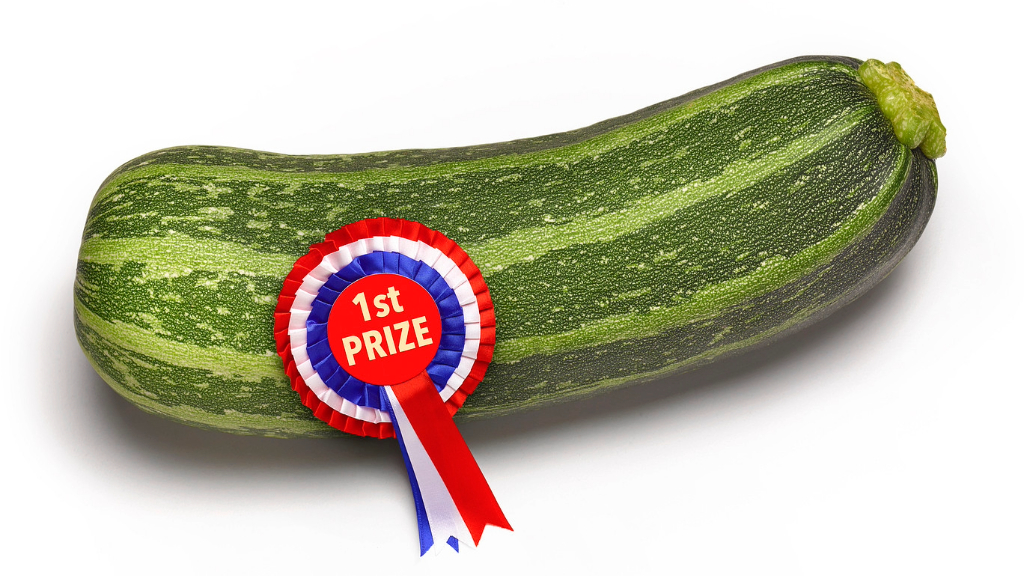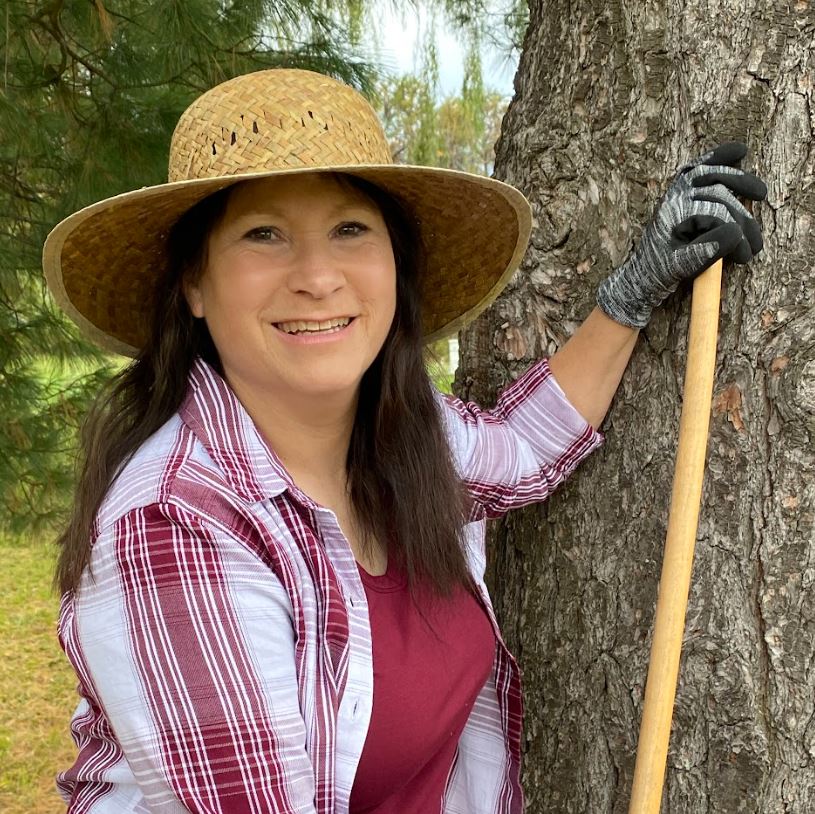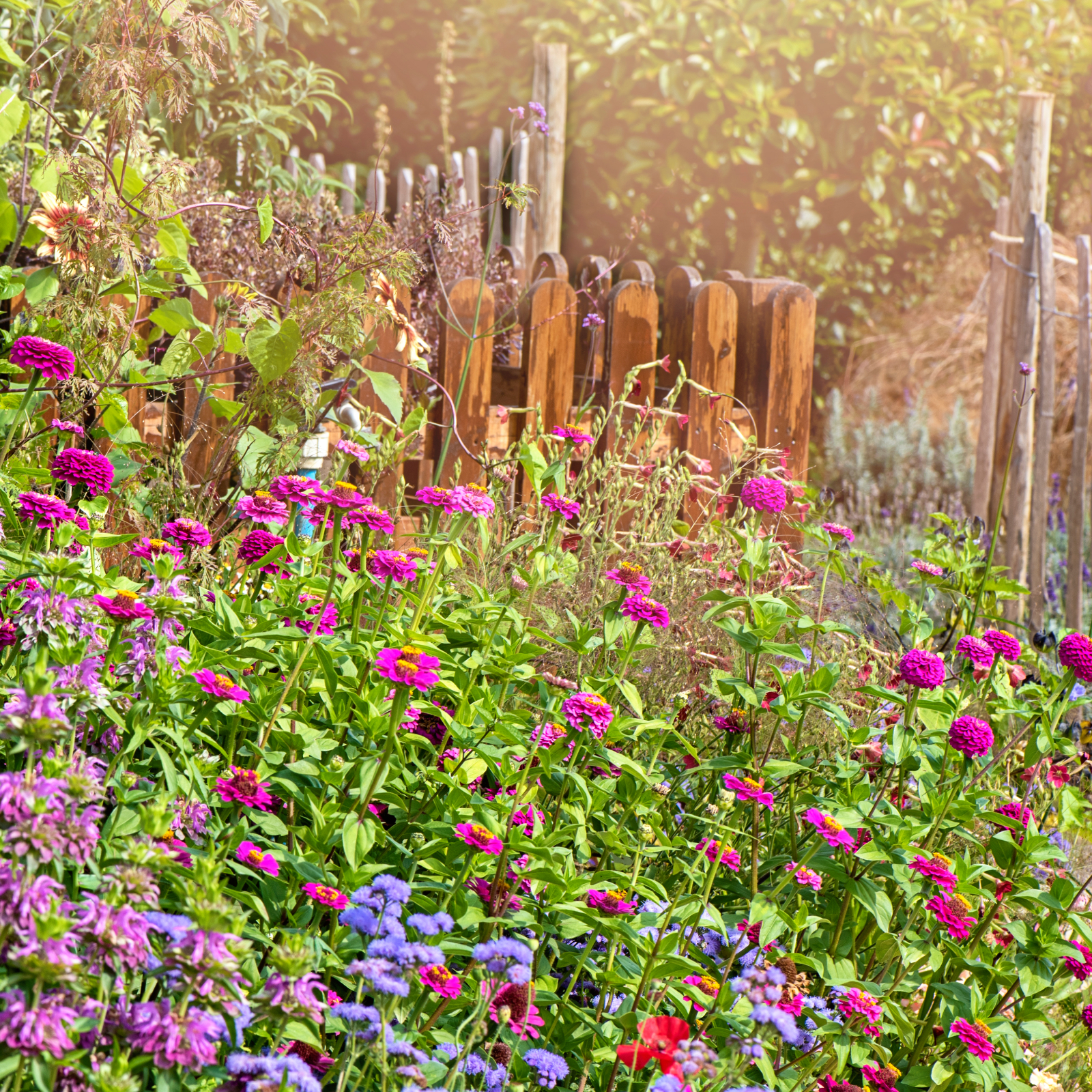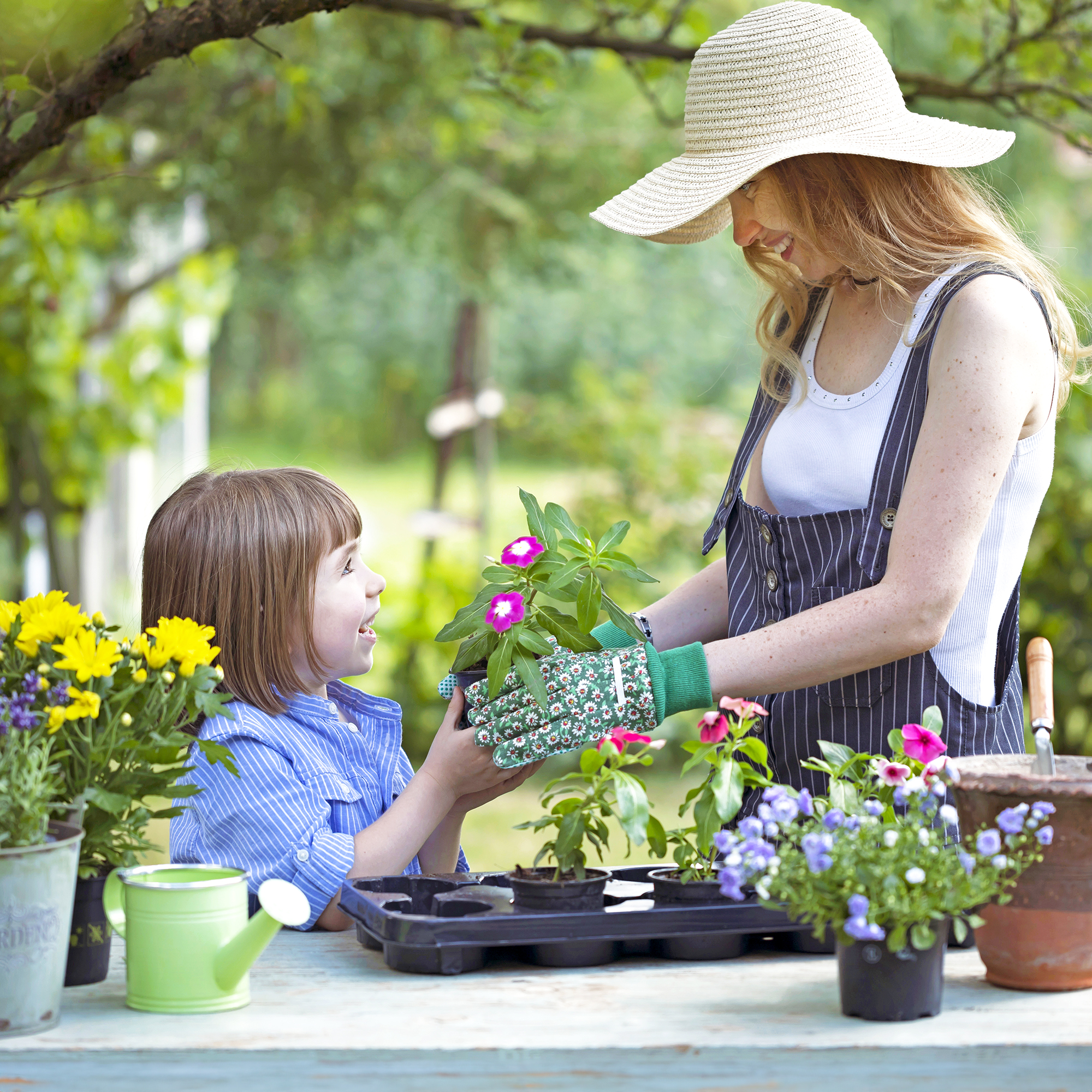Exhibiting Vegetables For Show - Lessons Learned In The Garden


I blame my neighbor for getting me hooked. No, not on drugs or alcohol, but on our county fair's annual horticultural competition. For years I entered my homegrown vegetables for the chance to win ribbon-shaped stickers, miniscule amounts of prize money and, of course, bragging rights. While it was all in good fun and I loved the friendly rivalry, these county fair competitions changed the way I thought about gardening, and the lessons learned in the garden have been priceless.
Exhibiting Vegetables from the Garden
Growing vegetables for showing in a count fair contest has been happening for many years. Farmers, especially, enjoy showing off their giant, milk-fed pumpkins and the like. This type of competition goes way back and is fun to do. But there are some things I've had to learn along the way before getting my prized veggies ready for showing.
Vegetable harvest time is important
As a busy mom, harvesting vegetables had always happened at the end of the day when I was preparing dinner. But harvesting late in the day affects the flavor, moisture levels and shelf life of produce. One aspect of the vegetable judging is presenting produce in peak condition.
Harvesting my fair entries before 9 a.m. not only gave me an edge, but it adjusted the way I picked produce for my family. The benefit was better-tasting vegetables for the dinner table and the freezer.
Size and shape do matter
In the competitive world of vegetable judging, anything less than perfectly straight green beans or a trio of inconsistently sized peppers could send you home empty handed. Previously, I had never given much thought to the size and shape of the produce I grew. After all, it all tasted the same, right?
Entering my county fair taught me to consider the intended use of my produce while I was harvesting. While curvy beans may be fine for the evening meal, they're not so good for filling canning jars. Likewise, setting aside a batch of the same-sized peppers for stuffing made it easier to prepare evenly proportioned entrees for the freezer. The benefit of presorting my harvest made putting up food for winter much easier and faster.
Planting time needs to be considered carefully
For years, I planted the garden on Memorial Day. It was a tradition. Yet, every year when we returned from our family vacation, I'd find my Boston Pickling cucumbers an overly mature yellow color.
Gardening tips, videos, info and more delivered right to your inbox!
Sign up for the Gardening Know How newsletter today and receive a free copy of our e-book "How to Grow Delicious Tomatoes".
It wasn't until I wanted to time my harvest to coincide with our county fair that I realized the value of reading seed packets. Right on the back of every seed packet, in plain letters, it tells the days to maturity. I now plant my cucumbers (as well as other produce) to reach maturity when I'm ready for canning and preserving!
There are benefits to frequent harvests
I was also one of those gardeners who lined the compost bin with mammoth zucchini. So how did the county fair competition help me overcome that problem? Easy - the ideal size for a competitive zucchini is 8 inches (20 cm.). The only way to pick an 8-inch zucchini is to lift the leaves and check every day. Or sometimes twice a day!
Getting in the habit of checking for ripe vegetables translates into less wasted produce. I now have a better quality of food for my table and the freezer. Less waste also means I can grow fewer plants and use the remaining garden space to grow a wider selection of vegetables.
As life changed, I found it difficult to continue competing at my local fair. The sum total of all my prize money has long been spent on new pots and garden tools, but my real winnings were the skills and lessons learned in the garden born from the competitive atmosphere of our old-fashioned county fair competitions.

Laura Miller has been gardening all her life. Holding a degree in Biology, Nutrition, and Agriculture, Laura's area of expertise is vegetables, herbs, and all things edible. She lives in Ohio.
-
 7 New & Improved Cultivars Of Old-Fashioned Plants – These Aren’t Your Grandma’s Plants!
7 New & Improved Cultivars Of Old-Fashioned Plants – These Aren’t Your Grandma’s Plants!Old is new again! These old-fashioned plants have new cultivars that are sure to thrive in your garden and bring the charm factor. Neighbors will be envious!
By Mary Ellen Ellis
-
 12 Mother’s Day Garden Gifts That Celebrate Moms Who Love To Grow
12 Mother’s Day Garden Gifts That Celebrate Moms Who Love To GrowAll Moms deserve to feel special on Mother’s Day, so treat her to a thoughtful gardening gift that helps her get the most out of her hobby.
By Melanie Griffiths